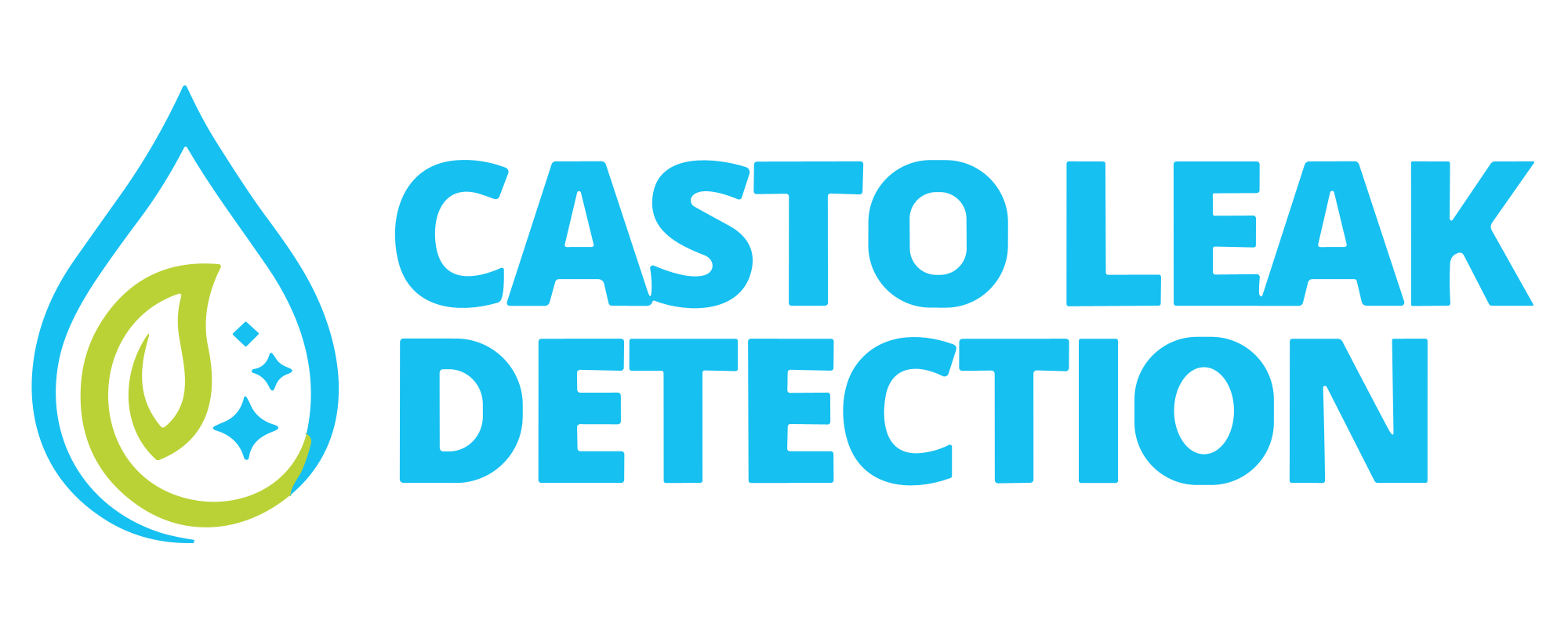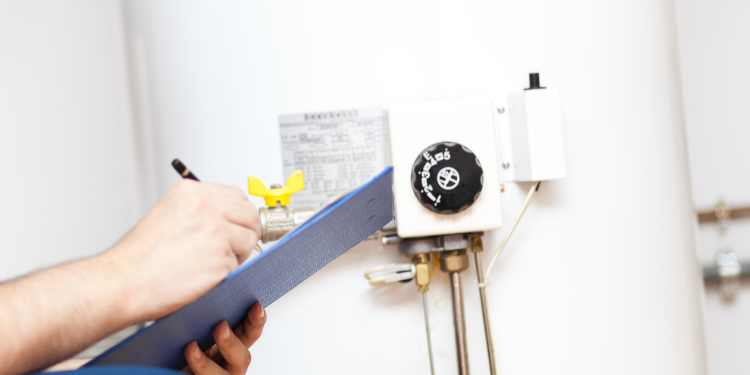Water heater installation is essential for homeowners in Richardson, TX, ensuring consistent access to hot water for daily needs. Whether you’re upgrading to a tankless water heater, replacing an outdated unit, or installing a new system in a newly built home, professional installation is key to long-term efficiency and performance. This guide will walk you through the intricacies of water heater installation, helping you make informed decisions for your home.
Key Takeaway: Professional water heater installation enhances energy efficiency, ensures safety, and extends the lifespan of your unit. Trusting experienced plumbers in Richardson, TX, guarantees a seamless installation process.
Choosing the Right Water Heater for Your Home
Understanding Different Water Heater Types
Selecting the right water heater depends on your household needs and budget. Traditional storage tank water heaters remain popular, but many homeowners are opting for energy-efficient tankless water heaters. Each type has its benefits, whether it’s a lower upfront cost or continuous hot water supply.
Gas vs. Electric Water Heaters
Gas water heaters typically offer lower operational costs, making them a preferred choice for many households. However, electric water heaters are more energy-efficient and easier to install in homes without natural gas access. Evaluating energy costs and household demand will help determine the best fit for your home.
The Importance of Proper Sizing
An undersized water heater will struggle to meet demand, while an oversized unit can lead to unnecessary energy expenses. A professional plumber can assess your household’s hot water usage and recommend the ideal size for your needs. Proper sizing ensures efficiency and cost-effectiveness over time.
The Water Heater Installation Process
Preparing for Installation
Before installation begins, a licensed plumber evaluates the existing plumbing and electrical or gas connections. Ensuring your home’s infrastructure can support the new system prevents unexpected issues during installation. Leak detection services are also recommended before making changes.
Installing a Traditional Water Heater
For storage tank water heaters, the installation involves setting the unit in place, connecting the water supply and power source, and ensuring proper ventilation. Correct placement and secure fittings are critical for preventing leaks and ensuring long-term efficiency.
Upgrading to a Tankless System
Tankless water heater installation involves mounting the unit on a wall, connecting it to the plumbing system, and configuring temperature controls. Since tankless systems provide on-demand heating, they require precise installation to function optimally. If you’re considering this upgrade, tankless water heater installation ensures long-term energy savings and consistent hot water.
Common Challenges and Solutions in Water Heater Installation
Dealing with Space Constraints
Smaller homes or apartments may have limited space for a traditional water heater. In such cases, tankless water heaters are an excellent alternative due to their compact design. Consulting with a plumber ensures optimal placement without compromising accessibility.
Addressing Water Pressure Issues
Low water pressure can impact the efficiency of a newly installed heater. Ensuring your plumbing system is free of blockages and adjusting pressure regulators can resolve this issue. Leak detection services help identify hidden problems that may contribute to water pressure inconsistencies.
Preventing Future Leaks
Newly installed water heaters should be checked for potential leaks at all connection points. Utilizing plumbing leak detection can help mitigate risks and prolong the lifespan of your unit. Routine maintenance further ensures continued efficiency.
Answering Common Questions
How long does water heater installation take? Installation time varies based on the type of water heater and home infrastructure. Traditional tank units typically take a few hours, while tankless systems may require a full day due to additional plumbing modifications.
What are the signs that I need a new water heater? If your current unit struggles to provide hot water, shows signs of rust, or leaks frequently, it’s time for a replacement. Water heater maintenance can help extend lifespan, but eventual replacement is necessary for efficiency.
How can I ensure my water heater lasts longer? Regular maintenance, including flushing the tank to remove sediment and checking for leaks, significantly extends a water heater’s lifespan. Scheduling annual inspections with a professional plumber can help detect potential issues early.
The Role of Routine Maintenance in Water Heater Longevity
Routine maintenance prevents unexpected breakdowns and improves overall efficiency. Tasks such as flushing the system, inspecting heating elements, and checking for leaks contribute to long-term performance.
The Importance of Energy-Efficient Water Heating
Energy-efficient water heaters reduce utility bills while providing reliable performance. Upgrading to a modern unit can lead to significant cost savings over time.
Why Professional Installation Matters
Attempting DIY water heater installation can lead to costly mistakes and safety hazards. A licensed plumber ensures compliance with local building codes and proper system setup.
Water heater installation is an investment in comfort and efficiency for your home in Richardson, TX. Whether you’re considering an upgrade or need a replacement, trust experienced professionals for expert service. Need help with installation? Contact Casto Leak Detection today!







